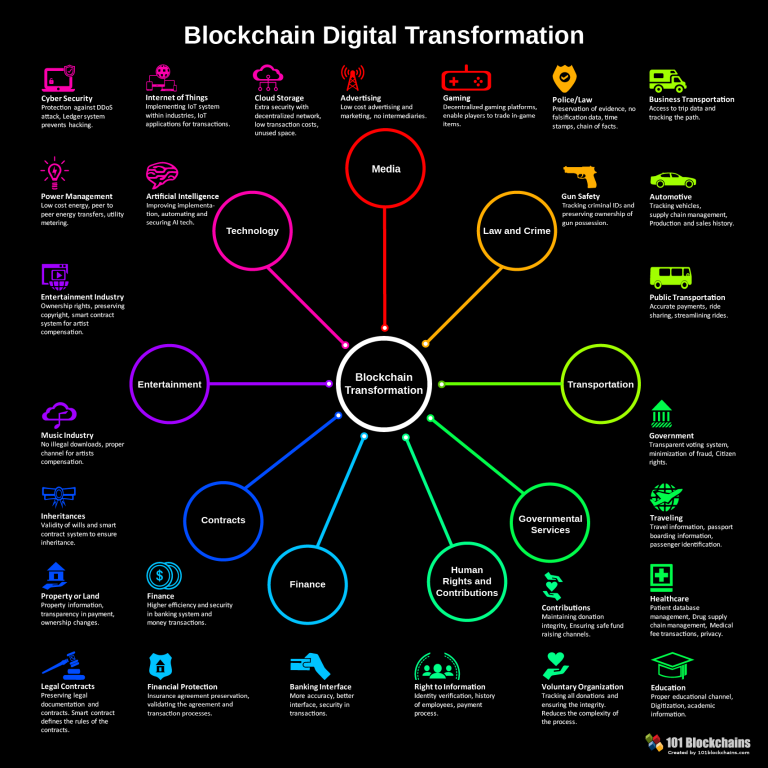
Blockchain use cases in travel and holidays operators
The travel industry relies upon different companies passing information between one another. For example, travel agents need to pass customer details on to flight companies and hotels, while the personal belongings of travellers are often passed between companies and tracked too. Blockchain can make accessing and storing important information easier and more reliable, because responsibility for storing it is shared across the whole network.
Tracking Luggage
Blockchain technology can be extremely valuable for tracking the movements of luggage, especially when dealing with international travel. In many cases, a customer’s luggage changes hands multiple times over the course of their journey. Using a decentralised database makes sharing tracking data between companies a lot easier.
Customer Loyalty Schemes
Finally, many travel companies run customer loyalty schemes, in order to encourage return custom. Blockchain can also assist with these programmes, simplifying the process, allowing customers to more easily access information about their loyalty points, and allowing tokens to be distributed. It can also help to combat fraud in this area.
Winding Tree
The Winding Tree platform is perhaps the foremost present-day example of baggage tracking via blockchain, and it also includes a booking element. The lack of third-party involvement means that booking and tracking can be achieved easily, safely and securely, with all processes benefiting from greater transparency.
Travelchain: Making the Most of Data
Data has become a prized commodity in today’s economy, offering businesses numerous insights and advantages when used appropriately. Travelers generate massive amounts of data that are highly valuable to service providers, though that information is generally restricted to gatekeepers such as Expedia and Orbitz, which offer a faster booking process at a price. The result is an ecosystem that raises the costs for travelers and adds to the informational asymmetry for travel service providers.
New entrant Travelchain is looking to upend the paradigm with an open-source blockchain that seeks to remove intermediaries on the supply chain. Users are empowered to collect and monetize their travel data, keeping it safe from prying eyes and receiving tokens as compensation for sharing with travel service providers. These tokens can then be redeemed for services or money.
Participating companies can access more granular information about travelers, channeling these insights for more pinpointed promotion targeting. Apart from personalizing marketing, these companies can offer customized tours and promotions based on a traveler’s preferences, closing the entire ecosystem loop and delivering value to all stakeholders.
More examples at Blockchain use cases – LeewayHertz Blockchain Developers.
Recent Posts
Tags
Recent Comments
Categories
Archives
- February 2025
- April 2024
- February 2024
- January 2024
- December 2023
- November 2023
- October 2023
- September 2023
- August 2023
- July 2023
- May 2023
- April 2023
- March 2023
- February 2023
- January 2023
- December 2022
- November 2022
- October 2022
- September 2022
- August 2022
- July 2022
- May 2022
- March 2022
- January 2022
- December 2021
- November 2021
- October 2021
- September 2021
- August 2021
- July 2021
- June 2021
- May 2021
- April 2021
- February 2021
- December 2020
- November 2020
- October 2020
- September 2020
- August 2020
- July 2020
- June 2020
- April 2020
- March 2020
- February 2020
- January 2020
- December 2019
- November 2019
- October 2019
- September 2019
- August 2019
- July 2019
- June 2019
- May 2019
- April 2019
- March 2019
- February 2019
- November 2018
- October 2018
- September 2018
- August 2018
- July 2018
- May 2018
- February 2018